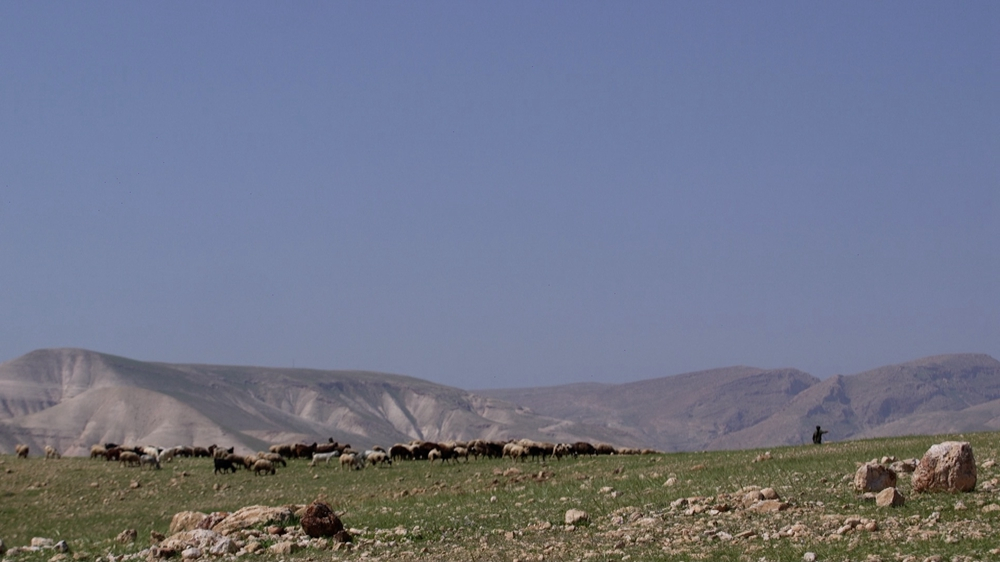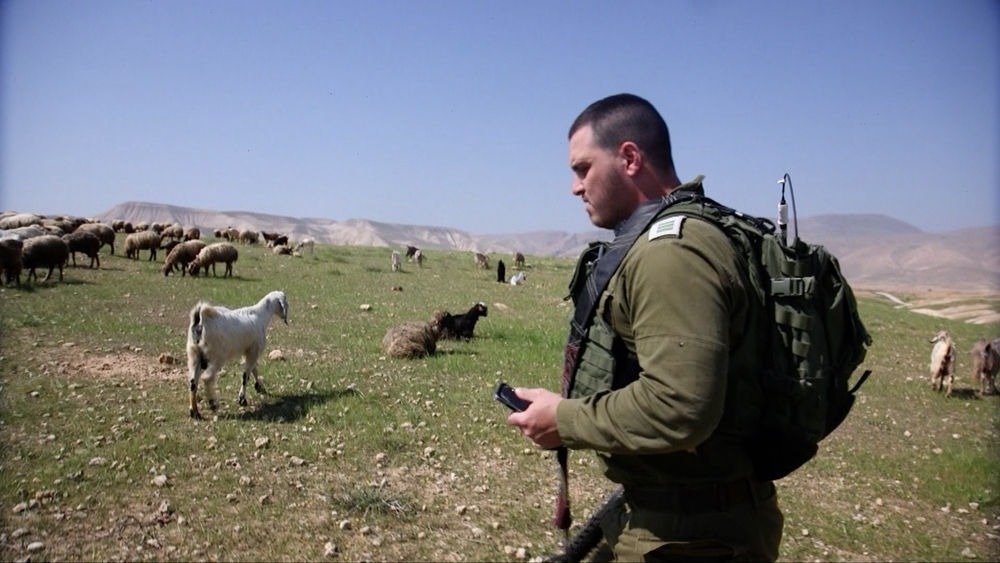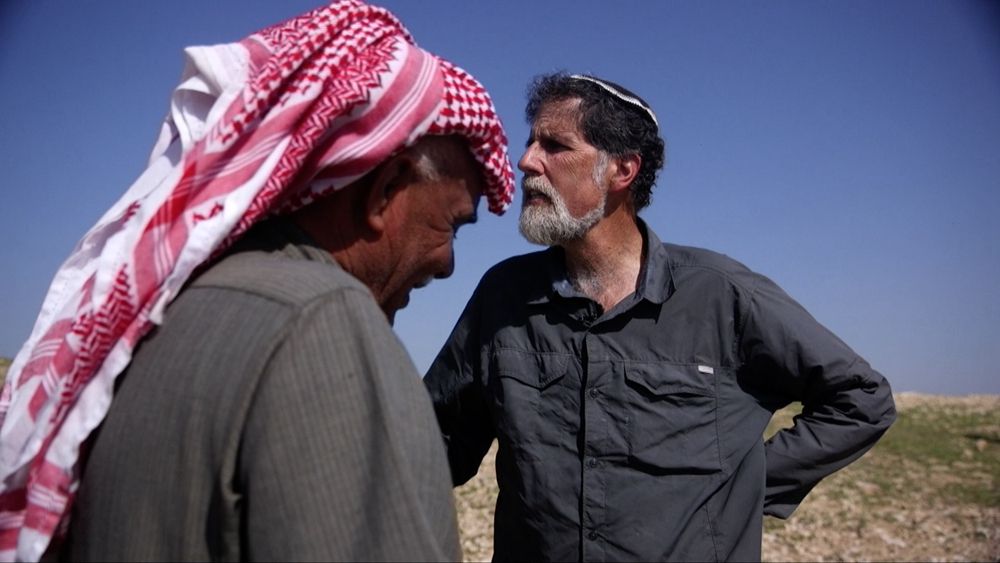02:51

Annexation of the West Bank and Jordan Valley is on Israel's agenda again following a several-month lull in public discourse about plans due to the COVID-19 pandemic.
When sitting Prime Minister Benjamin Netanyahu and Blue and White Party leader Benny Gantz announced in April they will form an emergency unity government following nearly a year and a half of repeat elections and stalled government formation, annexation arose as a key item on the rotation leadership agenda.
Annexation: the history and implications
Israel captured the West Bank and Jordan Valley from Jordan in a 1967 war. Months after the war was over, a plan to apply Israeli sovereignty over the Jordan Valley – and the Palestinians living there – was proposed but implementation was not forthcoming.
Major obstacles to annexation have included international law citing Israel's occupation of the land as illegal, non-support by previous U.S. administrations, the UN and European leaders and looming questions about the collective status of Palestinians if annexation moves forward. Palestinians in the Jordan Valley are currently governed by Jordanian and military laws.
Annexation has not moved forward in the decades since 1967 but Israel's settlement policy has expanded. Approximately 13,000 Jewish settlers live in the Jordan Valley today on settlements versus an estimated 65,000 Palestinians.

An Israeli soldier orders Palestinian farmers to leave in the Jordan Valley. /CGTN Screenshot
An Israeli soldier orders Palestinian farmers to leave in the Jordan Valley. /CGTN Screenshot
Netanyahu has repeatedly promised voters he will annex parts of the West Bank and the Jordan Valley. That vow was supported by the Donald Trump Administration's "Deal of the Century" peace plan for Palestinians and Israelis revealed in January 2020. The deal support Israel's annexation plans.
Palestinian leaders reject the Trump deal and say any unilateral moves to annex occupied land will annul security and cooperation agreements in place with Israel.
Regional leaders, including Jordan's King Abdallah, warn of a "powder keg that will ignite" if annexation plans move forward in July.
What it means for the people on the ground
Jordan Valley Palestinian farmers and sheepherders are routinely harassed by Jewish settlers who drive them off grazing land claiming they are the rightful "landlords" of the area. Settlers call in Israel soldiers to force sheepherders out of grazing areas – frequently employing violence.

Human rights advocate Rabbi Arik Ascherman (R) with a Palestinian sheepherder in the Jordan Valley. /CGTN Screenshot
Human rights advocate Rabbi Arik Ascherman (R) with a Palestinian sheepherder in the Jordan Valley. /CGTN Screenshot
"The fear and intimidation the farmers and sheepherders endure is almost as bad as the encounters themselves," human rights advocate Rabbi Arik Ascherman said.
Ascherman and volunteers like him accompany Palestinians tending flocks to help safeguard them against brutality.
Ascherman is working to push government legislation to protect the Jordan Valley's Palestinian population.
If annexation moves forward, the settlement movement is predicted to expand.